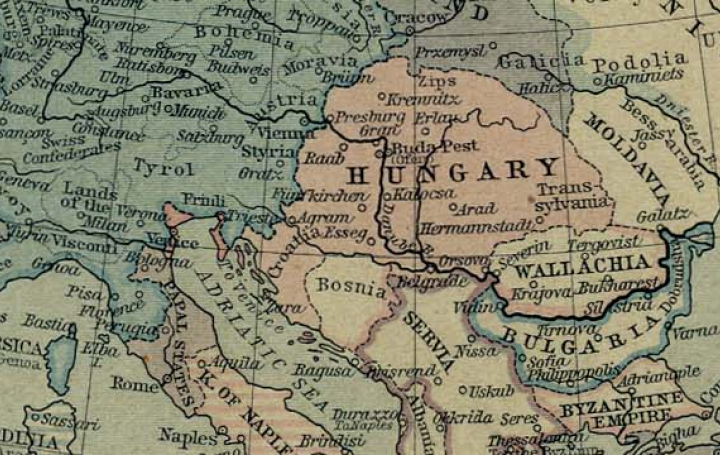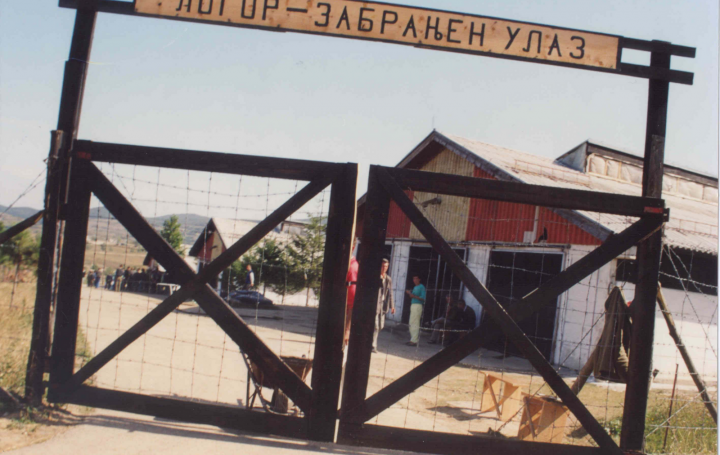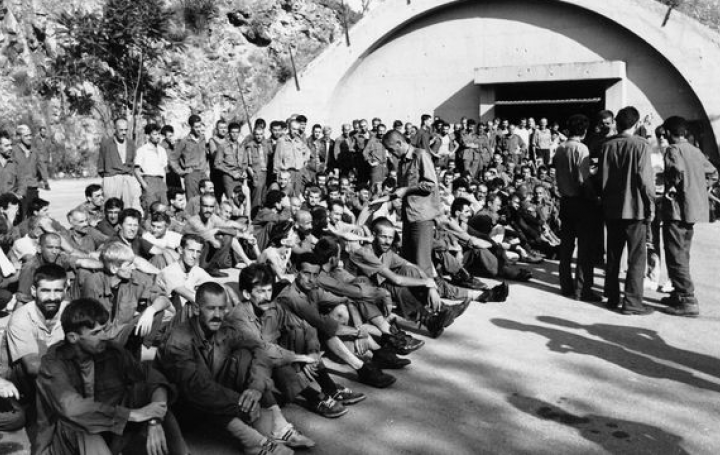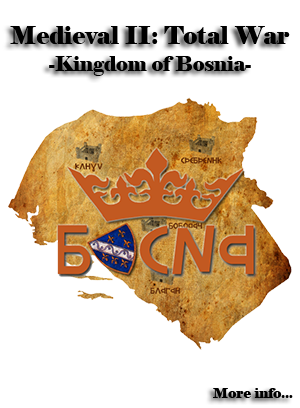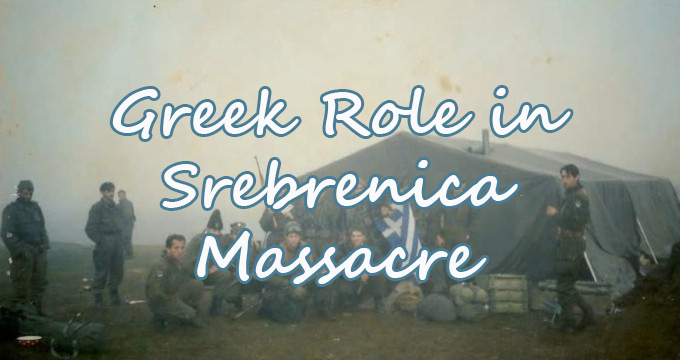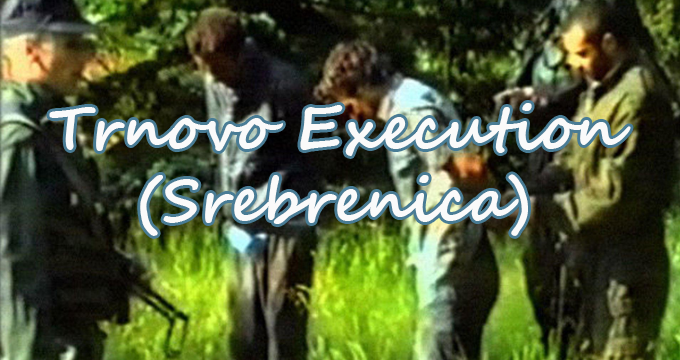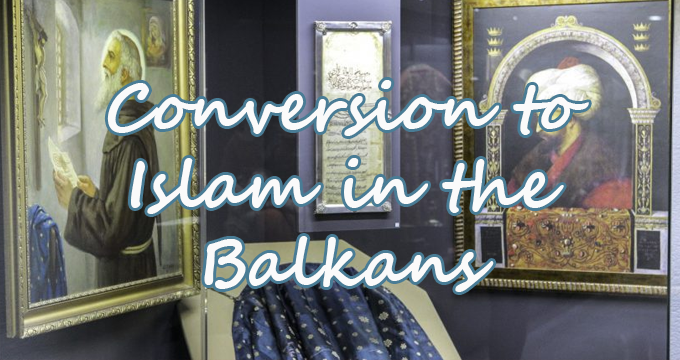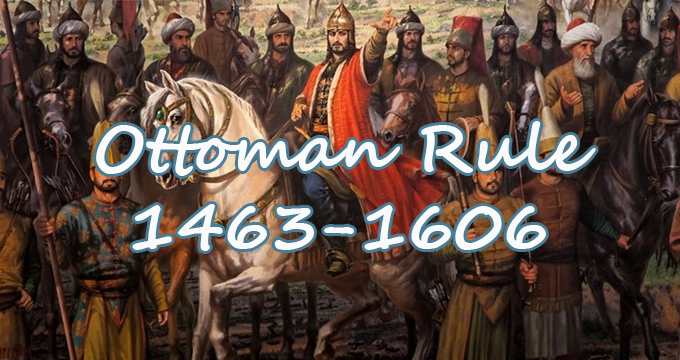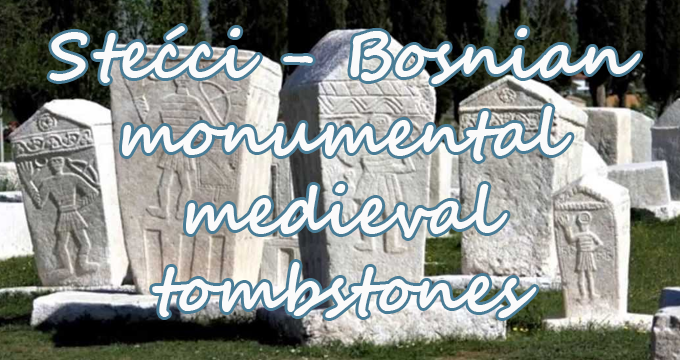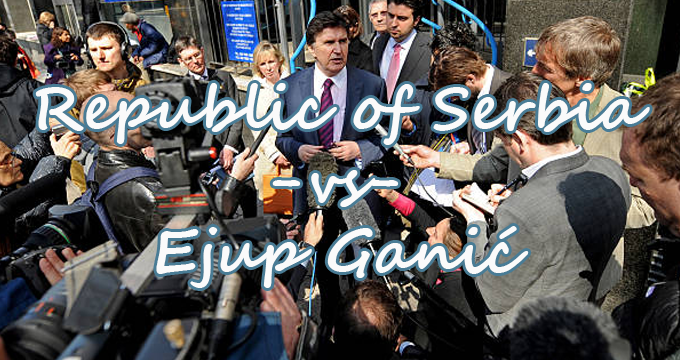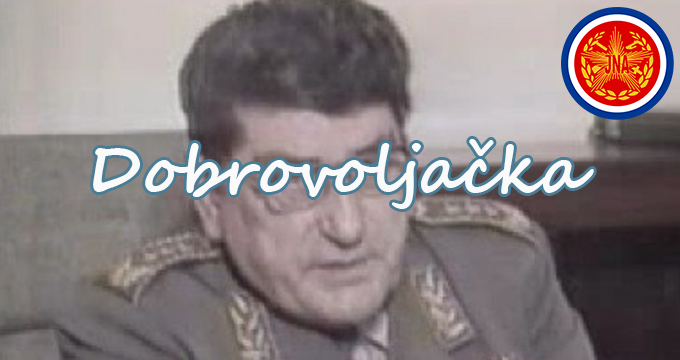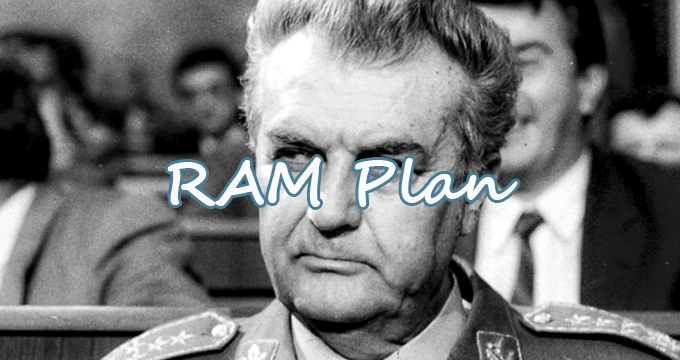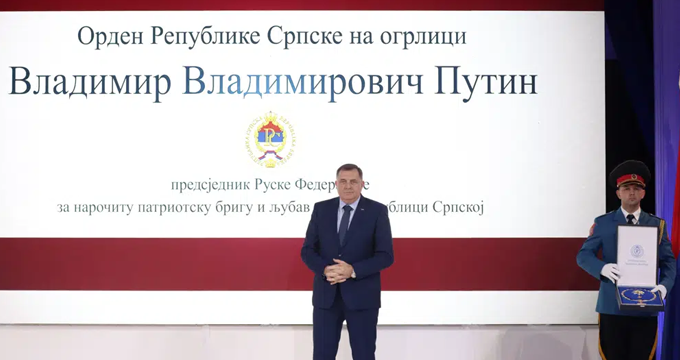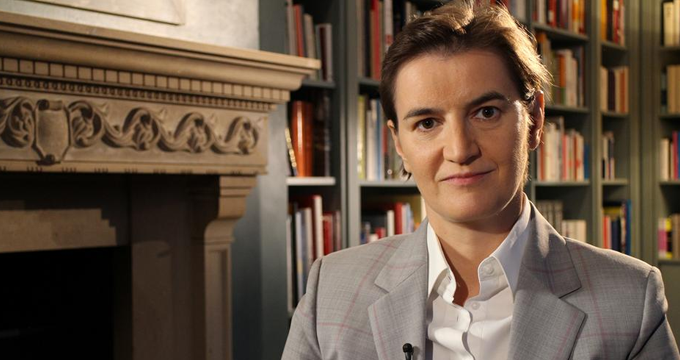Srebrenica
This documentary was made by Ingeborg Beugel, and proves the involvement of Greece in the Srebrenica-massacre and the Yugoslav-war. In the film Ms. Beugel has an encounter with Mr.Alexandros
In June 2005, during cross-examination of a witness in the case against Slobodan Milošević[1] at the International Criminal Tribunal for the former Yugoslavia, the court viewed video footage showing a Serbian
The cold-blooded killings, which occurred in the village of Trnovo after the fall of the eastern enclave of Srebrenica, were video-taped by the Scorpions, who can be seen laughing, smoking and taunting their
Early History
The conquest of the Balkans was accomplished in the space of little more than a century and in two stages—1352 to 1402 and 1415 to 1467. The main reason for the relatively faster pace of the conquest of this region,
The Kingdom of Bosnia was conquered with great speed by the Turkish army in the early summer of 1463. From then on the heart lands of the old Banate of Bosnia, together with the foothold which the Turks had already
Stećci are monumental medieval tombstones that lie scattered across the landscape of Bosnia and Herzegovina. They are the country's most legendary symbol. These are the tombstones of those who lived between the
Modern History
City of Westminster Magistrates' Court. 1. In these proceedings the Government of the Republic of Serbia seeks the extradition of Dr Ejup Ganić in respect of offences said to have been committed in
"Because of much manipulation, lying, fabrication about how many soldiers died in Dobrovoljačka Street, it's time to say exactly how many died, and only I can do that. In the Dobrovoljačka Street, they attacked
After the meetings of the Presidency of the SFRY held on March 12, 14, and 15, 1991, when the Greater Serbia forces did not manage to legally succeed in taking over the power in the country, the
Current Affairs
"The Bosnian Serb separatist leader on Sunday awarded Russian President Vladimir Putin with the highest medal of honor for his “patriotic concern and love” for the Serb-controlled half of Bosnia.
Israel has never accepted that the crime in Srebrenica be called genocide, Israeli Ambassador to Serbia Jahel Vilan stated. Vilan, in an interview for Sputnik, said that significant and important authorities and historians
The Srebrenica massacre in 1995 was "a hideous crime, it was a war crime" Serbian Prime Minister Ana Brnabic said on this week’s edition of DW’s political talk show Conflict Zone. Brnabic emphasized that "it was a terrible,



